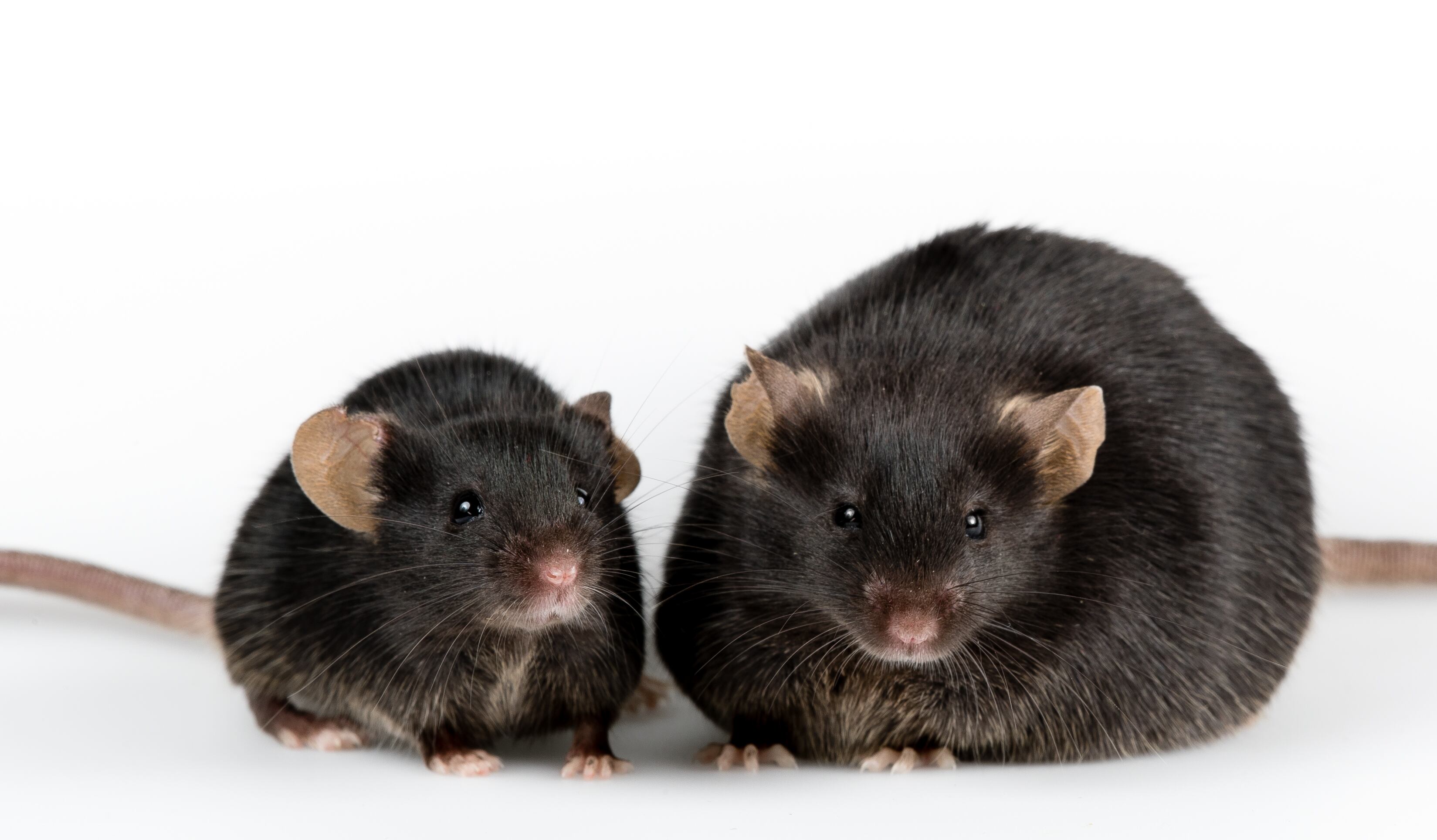Scientists at Chonnam National University in Korea fed mice a high fat diet (HFD) with or without supplemental non-viable Lactobacillus johnsonii JNU3402. Despite both groups having similar food intakes, the JNU3402-fed animals gained significantly less body weight.
The JNU3402-fed mice also accumulated less fat in their livers and groins, compared to the non-supplemented animals, according to findings published in Foods.
Further analysis showed that JNU3402 induced the accumulation in specific fat cells, while those fat cells also showed an increase in mitochondrial content. Mitochondria are the powerhouses of our cells – and the potential weight management benefits of the non-viable (NV) bacteria may be linked to increased energy expenditure.
“These findings demonstrated that NV [...] bacteria, [JNU3402], could ameliorate metabolic disorders such as obesity, which are induced by HFD, and that this beneficial effect of [JNU3402] might promote the development of safe dairy products aimed at attenuating diet-induced obesity,” wrote the scientists.
Gut microbiota and obesity
The link between the gut microbiota and obesity was first reported in 2006 by Jeffrey Gordon and his group at Washington University in St. Louis, who found that microbial populations in the gut are different between obese and lean people, and that when the obese people lost weight their microflora reverted back to that observed in a lean person. This suggested that obesity has a microbial component (Nature, Vol. 444, pp. 1022-1023, 1027-1031).
A 2013 paper in Science (Vol. 341, Issue 6150), also led by Prof Gordon, found that transplanting gut bacteria from obese humans into germ-free mice leads to greater weight gain and fat accumulation than mice that were given bacteria from the guts of lean humans.
The findings showed that weight and fat gain is influenced by communities of microbes in the gut and their effect on the physical and metabolic traits of the host, leading to metabolic changes in the rodents that are associated with obesity in humans.
This has led many research groups to explore if probiotics may help manage weight. The new study did not use a probiotic because the Lactobacillus johnsonii JNU3402 used by the Korean researchers were dead. (A probiotic is defined as a “live microorganisms which when administered in adequate amounts confer a health benefit on the host” – FAO/WHO)
Study details
The researchers used 7-week-old male C57BL/6J mice divided into three groups: One group were fed a normal diet, while the other two groups were fed a “Western” high-fat diet with or without the non-viable L. johnsonii JNU3402.
After 14 weeks, the researchers found that, compared to the control HFD animals, the mice consuming JNU3402 gained 10% less body weight. This was accompanied by a 14% reduction in liver weight, and 30% reduction in brown adipose tissue weight.
“However, there was no significant difference in food intake between these two groups,” they added.
In addition, supplementing the HFD with JNU3402 led to lower triglyceride levels in white adipose tissue (36% lower) and in the liver (70% lower) compared to mice fed only the high-fat diet.
“Since diet-induced obesity is closely associated with insulin resistance, the possible effect of [JNU3402] on insulin resistance was determined,” explained the researchers. “As expected, HFD increased the postprandial and fasting plasma glucose levels by 1.5-fold and 2-fold, respectively, compared to those in ND-fed mice.
“However, when [JNU3402] was administered to HFD mice, fed and fasting plasma glucose levels and plasma insulin levels were reduced to 26% (p < 0.05), 40% (p < 0.05), and 51% (p < 0.05), respectively, when compared to those in HFD mice.”
When the researchers looked at gene expression profiles, they found that the JNU3402-fed mice displayed beneficial changes in genes that coded for proteins “involved in lipid metabolism and browning, leading to reduced adiposity in HFD mice”.
“Together, these results suggest that [JNU3402] could be safely used to develop dairy products that ameliorate diet-induced obesity and hyperlipidemia,” they concluded.
Source: Foods
2020, 9(10), 1494; doi: 10.3390/foods9101494
“Non-Viable Lactobacillus johnsonii JNU3402 Protects against Diet-Induced Obesity”
Authors: G. Yang et al.



